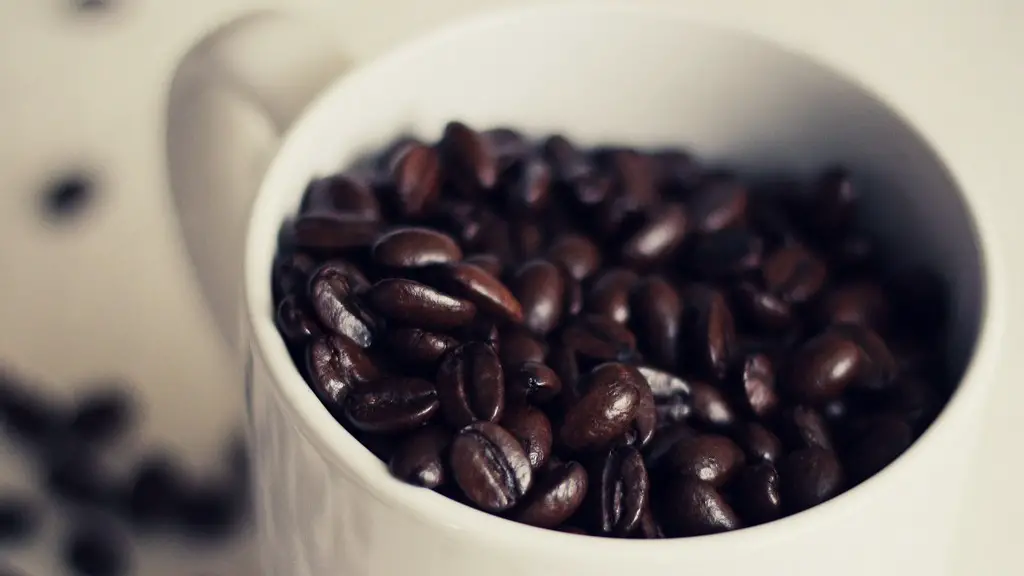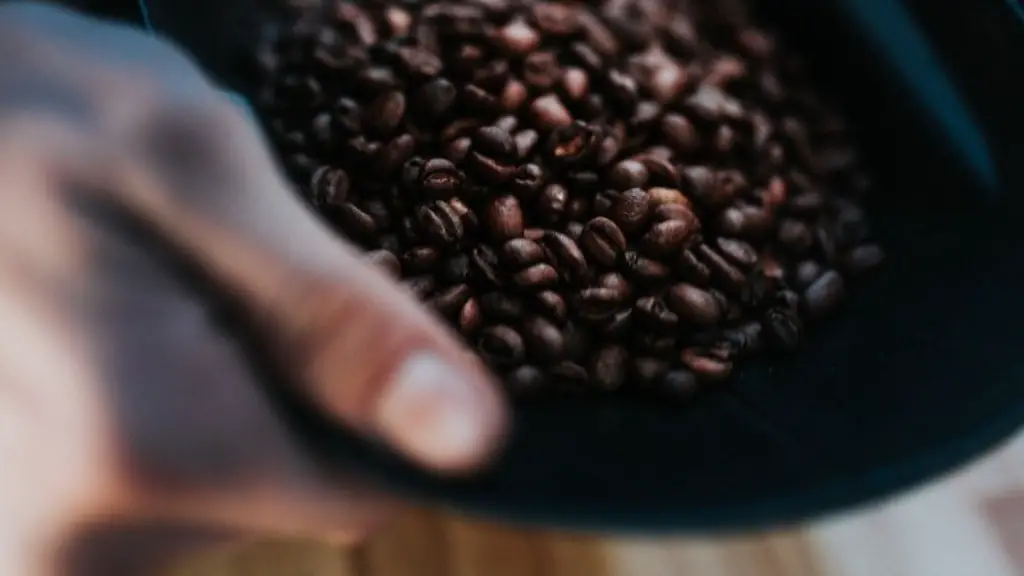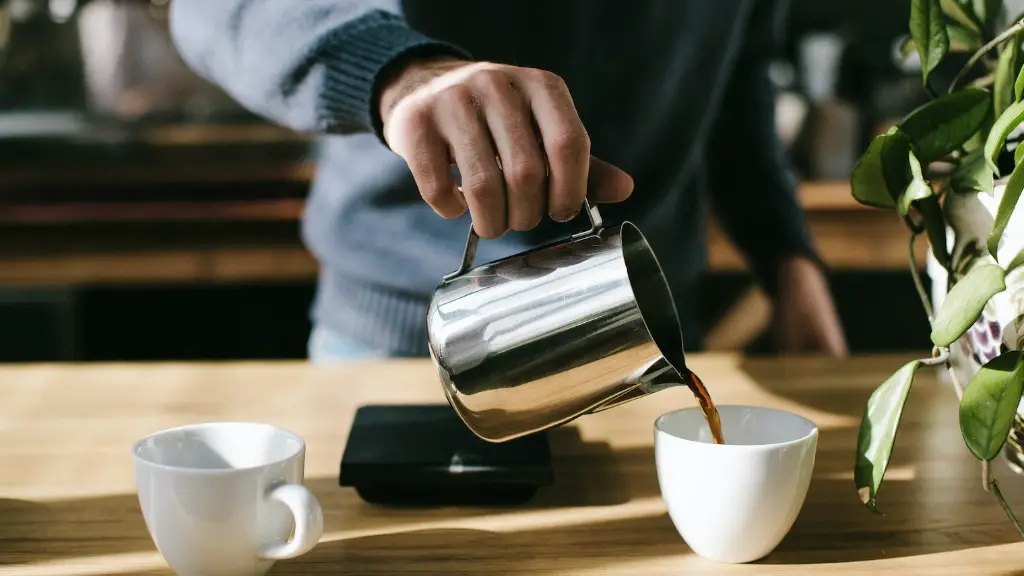In the last few decades, the debate surrounding the amount of water to drink after coffee has been the subject of much discussion amongst aficionados and experts alike.
Some experts have argued that you should not drink any water at all directly after having coffee as it can interfere with the flavor and dilute the richness of the coffee. Others, however, insist that drinking water is essential for general well-being and should be done regardless of the type of beverage being consumed.
It is generally accepted that caffeinated beverages are diuretics which can lead to dehydration due to their ability to draw fluids out of the body. However, exactly how much water one should drink after having coffee remains unclear. The most commonly cited recommendation is that one should drink at least 8 to 10 ounces of water per cup of coffee consumed.
This is said to be important both for hydration and to balance out the potential effects of excessive caffeine intake. It is also recommended that one should drink the equivalent of their body weight in ounces of water each day, regardless of the type of beverage consumed.
Studies have found that coffee consumption does not lead to any significant depletion in hydration. In fact, for some individuals it can actually increase their hydration levels as it acts as a diuretic, encouraging the release of fluids from the body.
Additionally, when coffee is consumed with other beverages such as milk or water, it can have a positive effect on hydration levels. This is because the other beverages provide the body with the necessary water it needs to become rehydrated.
Ultimately, the answer to “how much water should I drink after coffee?” will depend on the individual and their lifestyle. Everyone is different and some people may need more or less water than others depending on their level of physical activity and other factors.
Exercising and Hydration
Physical activity requires a great deal of effort and can lead to dehydration if not properly managed. If you take part in intense exercise, it is important to stay hydrated by drinking water throughout your workout routine.
Coffee can be a great addition to your workout routine before or after, as it helps to energize the body and focus the mind. However, it is important to remember to drink adequate quantities of water afterwards in order to replace the fluids lost during exercise and to avoid dehydration.
It is recommended that for every 30 minutes of exercise, you should drink at least one to two glasses of water. Additionally, when consuming caffeinated beverages, it is important to ensure that you are also drinking plenty of plain water or other non-caffeinated fluids in order to maximize hydration and aid the recovery process.
The Role of Nutrients and Minerals
In addition to water, it is important to ensure that your body is receiving the necessary nutrients and minerals it needs in order to remain healthy. Drinking coffee alone is not enough to provide the body with essential nutrients, minerals and other essential components.
It is recommended that individuals should supplement their diets with plenty of fresh fruits and vegetables in order to provide their bodies with the necessary vitamins and minerals needed. Additionally, it is important to ensure that one is consuming sufficient quantities of protein, fiber, and healthy fats in order to maximize performance and well-being.
Managing Caffeine Intake
Caffeine consumption can have both positive and negative effects on the body, depending on its consumption in moderation. It is recommended that in order to avoid the potential adverse effects of excessive caffeine consumption, one should drink no more than three cups of coffee per day.
Drinking additional fluids can help to reduce the amount of caffeine absorption by the body, as the water will help to flush out any caffeine metabolites. Additionally, it is important to ensure that you are getting plenty of regular exercise and leading a healthy lifestyle in order to ensure the optimal functioning of your body.
Good Alternatives To Coffee
If you find that you’re drinking too much coffee, it is recommended that you consider drinking other beverages such as tea, juice or even just plain water as alternatives. These drinks all provide different benefits to the body and are much less likely to cause dehydration or other adverse health effects.
When drinking tea, for example, it is important to remember that teas that contain caffeine still have the potential to cause dehydration. As such, it is important to stay conscious of how much caffeine you are consuming and to make sure that you are still drinking adequate amounts of water in order to stay hydrated.
Combining Caffeine and Alcohol
Combining caffeine and alcohol is usually not advised. The combination can lead to dehydration and other adverse effects, such as increased blood pressure and heart rate, dizziness and nausea.
If you choose to drink caffeine and alcohol together, it is important to drink plenty of water throughout the day in order to offset the potential effects of the combination. Additionally, if you feel any adverse effects from consuming the combination, it is best to stop drinking and seek professional medical advice as soon as possible.
Using Caffeine Responsibly
Whether you choose to drink coffee or any other beverage, it is important to be mindful of how much caffeine you are consuming and to ensure that you are also drinking plenty of plain water in order to properly hydrate the body.
In addition to proper hydration, it is also essential to ensure that you are getting enough of the essential nutrients and minerals your body needs in order to remain healthy and energized. This can be achieved through a balanced diet that includes a variety of fresh, whole foods.
Finally, if you find that you are over-consuming caffeine, it is important to take a step back and reassess your habits. Reducing your caffeine intake and focusing on other non-caffeinated beverages such as tea, juice, or plain water can be beneficial for both short-term and long-term health.





